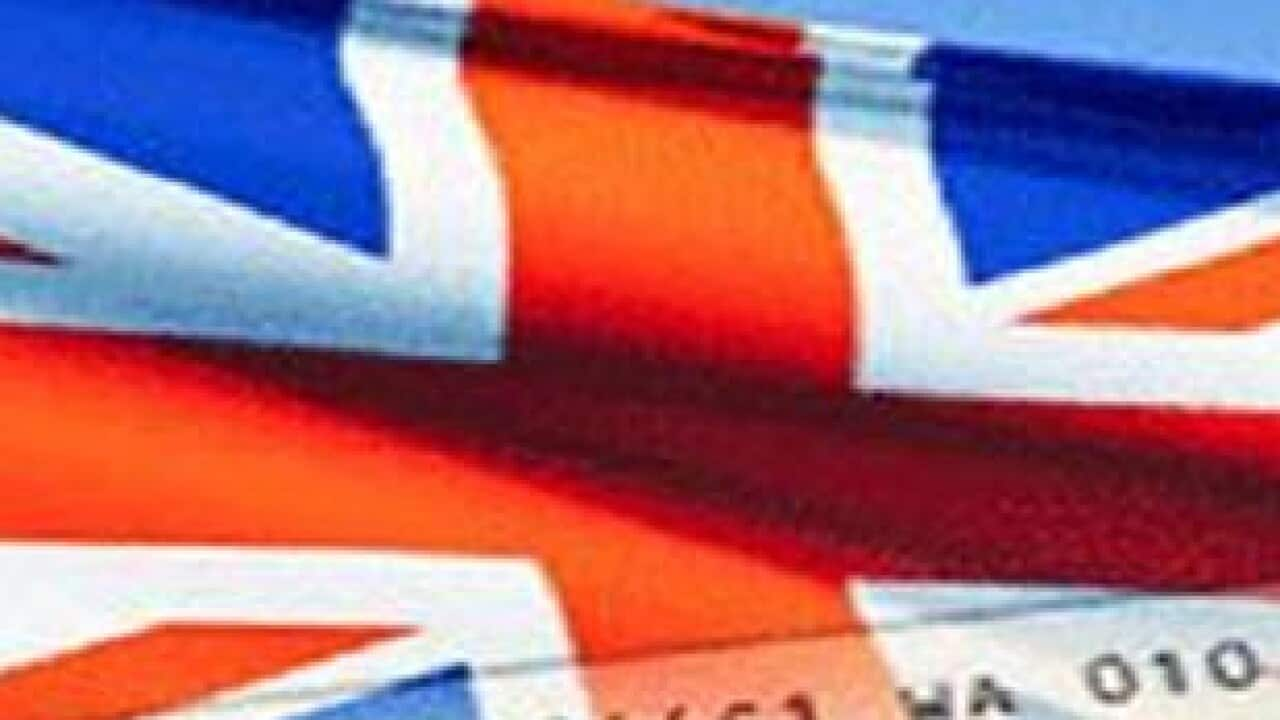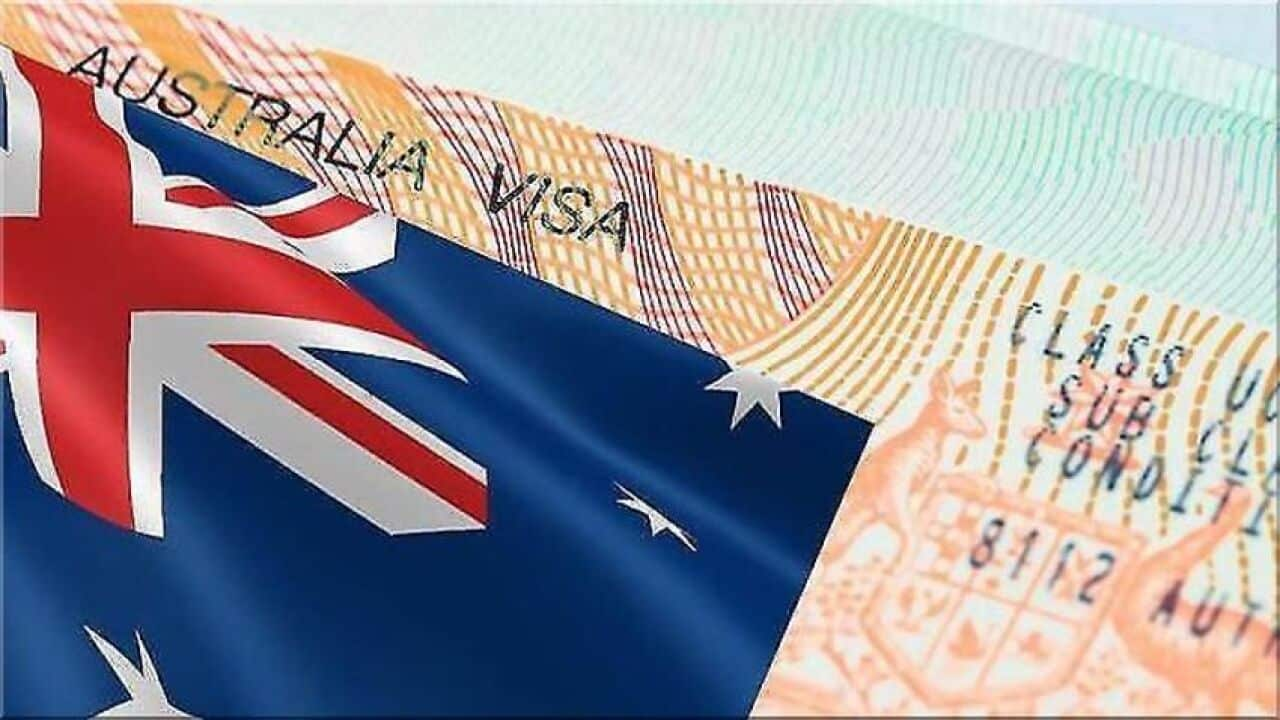Highlights
- Australian states and territories receive final allocations for skilled visa nomination programs for 2020-21
- Victoria to reopen its skilled program from 5 January 2021
- NSW is of the few states that have received more places than its allocation in the previous year
Australian states and territories have been allocated the remaining places for Skilled Nominated Subclass 190 and the Skilled Regional Sponsored Subclass 491 visa categories in addition to the interim quotas they had received in October earlier this year.
In line with the interim program, it comes as no surprise that the full program also responds to challenges posed by the COVID-19 pandemic, with a strong focus on applicants who can assist the state or territories recover from the economic blow delivered by the ongoing crisis.

Acting Immigration Minister Alan Tudge Source: AAP
“That’s typically a function of the demand so the states put in their bids for it and we always encourage the states and territories to look closely at that because it is a great way of getting a broader distribution of migration across Australia,” Mr Tudge told SBS Punjabi.
Here’s a state-wise status of the skilled visa program:
Victoria:
Victorian Government has announced that it will be reopening its skilled program on 5 January 2021 as it has received 1900 additional places for Subclass 190 and 843 more spots for Subclass 491 for the remainder of the program year.
Victoria’s total number of places for the skilled visa program for the current year stand at 3,543 same as its allocation from the previous program year.
However, the program’s eligibility requirements have changed to support the state’s health response and to assist its economic recovery, points out Melbourne-based migration agent Ranbir Singh.
“While the state’s total number of places for the skilled program have not changed when you compare it with 2019-20, but what’s changed is the focus on applicants.
“The state has made it clear that invitations will only be issued to applicants working in highly-skilled occupations in health, medical research, life sciences, agri-food or digital sectors. So its good news for those applicants who fit the criteria and are currently living and working in Victoria,” said Mr Singh.
Click to know more about changes in criteria. New South Wales:
New South Wales:

NSW will focus on nominating applicants who are undertaking skilled work in critical sectors. Source: Getty Images/People Images
NSW is one of the few states that have received more places than its allocation in the previous year.
This year the state has been issued a total of 6,350 spots, nearly 600 more than its quota in 2019-20, in a sign of the state’s requirements for workers in critical sectors namely, health, information and computer technology, and engineering.
The largest Australian state is currently working on a reduced skilled occupation list of 21 occupations for its Subclass 190.
While it is working on a slightly more expandable list of 34 occupations for its Skilled Regional Sponsored program (Subclass 491), applications for which will begin to be assessed in February 2021.
“Regional Development Australia (RDA) offices will focus on nominating applicants who are undertaking skilled work in critical sectors. These applicants are a priority for Government in supporting economic recovery following the impacts of COVID-19,” states the website.
Click for the complete list of occupations. Queensland:
Queensland:

A view of the Brisbane skyline. Source: AAP
The state has indicated that its skilled program will remain suspended until further notice as it continues to process the backlog of applications received between 29 September - 5 October as part of the interim quota, even though it has received additional places for the remainder of the program year.
Adelaide-based migration agent Mark Glazbrook said states who have received an influx of applications for their skilled programs are likely to follow in Queensland’s footsteps.
“Even though the state states and territories have been given their full allocations, that doesn’t necessarily mean that they will be using that full allocation of visas since they would rather concentrate on applications at hand and clearing the backlog from the previous year.
“And given that half the program year has already passed, we might see a significant fall in the number of applications lodged to the Immigration Department, but a consistent number of visas granted,” he said.
Tasmania:
Tasmania is expected to reopen its skilled program in late January. Until this time, the interim program arrangements below will continue to operate.
The island state has already used 25% of skilled visa nomination places out of a total of 2400 places, 600 less than the previous year’s allocation. South Australia:
South Australia:

Large Group of Diverse People with Different Occupations. (Representational Image). Source: Getty Images
SA has received 20% fewer allocations than its previous year. State authority continues to invite and assess applicants under its skilled program.
Western Australia:
The mining state has been allocated a total of 1440 places for this program year, nearly 1800 less than the allocations of the previous year. The state has not yet indicated when it would reopen its skilled program for applicants.
Northern Territory:
The sparsely populated jurisdiction has already exhausted its small interim allocation. The state’s website indicated that its skilled visa program remains suspended until further notice.
Australian Capital Territory:
ACT is yet to indicate when it would reopen its skilled program.
Disclaimer: This content is for general information purposes only, and should not be used as a substitute for consultation with professional advisors.
People in Australia must stay at least 1.5 metres away from others.
Testing for coronavirus is now widely available across Australia. If you are experiencing cold or flu symptoms, arrange a test by calling your doctor or contact the Coronavirus Health Information Hotline on 1800 020 080.
The federal government's coronavirus tracing app COVIDSafe is available for download from your phone's app store.
SBS is committed to informing Australia’s diverse communities about the latest COVID-19 developments. News and information is available in 63 languages at






